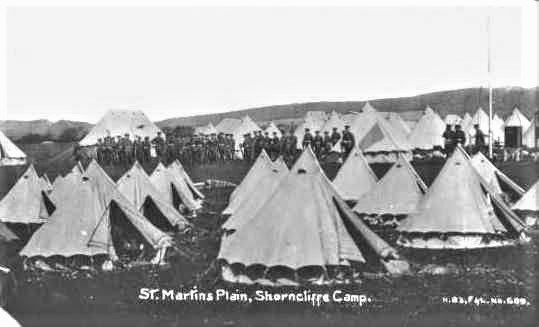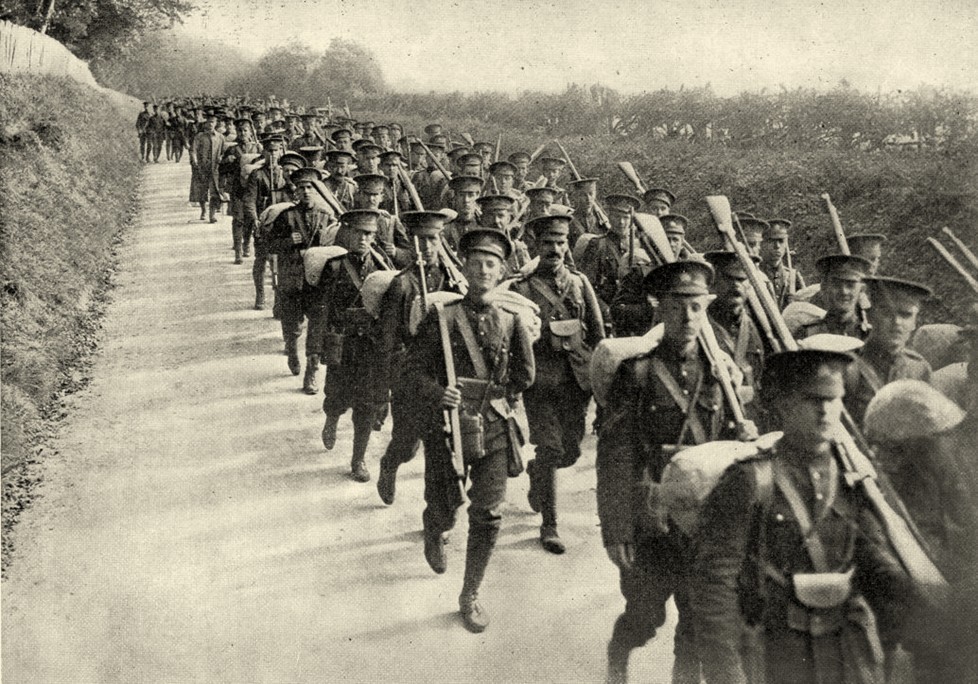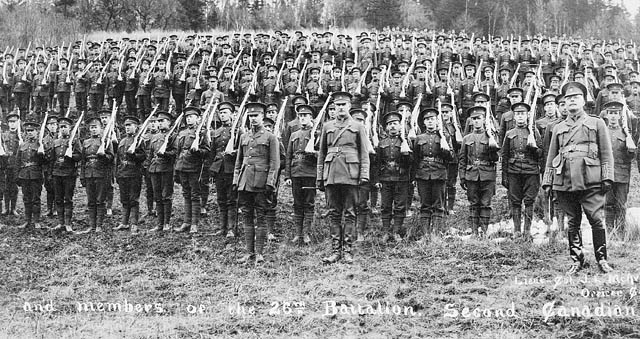At Salisbury Camp the Canadians learned much more about becoming a soldier, under terrible conditions
- The Globe and Mail
The first Canadian troops sent to Britain late in 1914 camped about 250 kilometres west of Shorncliffe on the Salisbury Plain, not far from Stonehenge. But officers complained of harsh conditions during an especially wet winter when many soldiers fell sick and dozens died, both in training accidents and from an outbreak of spinal meningitis. In the spring, after the Canadians had crossed the channel, Shorncliffe was made available for the second wave.

Although the CEF's first division was already in the trenches - and about to make Canada known as a warrior nation, by facing the horror of poison gas at Ypres - the awful pointlessness of the war of attrition had yet to sink in. Newspapers of the time say the Canadians who arrived here on April 18, 1915, were a cheerful bunch, naively hoping for a taste of battle before the quick victory they still expected. "And so," reads The Globe's report on the July 1 festivities of 1915, "the fields and plains, the lanes and roads are filled with Canadian soldiers, celebrating their Dominion Day drilling, bayonet fighting, route marching, while overhead soars thrumming the watchful airship, Britain's Eye. For Britain has a business on hand."


Shorncliffe and Folkestone became so Canadianized that there are reports of locals picking up Canadian expressions and accents. Historians have noted that local residents started saying "Sure" instead of "Yes." A baseball league was formed, and a Maple Leaf Club was opened. Shorncliffe was also the hub of efforts by a group of Canadian women, the Canadian Field Comforts Commission, who sought to provide a touch of home - everything from socks and underwear to familiar-brand cigarettes - to the soldiers stationed here. Locals jokingly referred to the Folkestone area as a suburb of Toronto. There was occasional trouble - petty theft was a problem, bigamy not unknown, and religious leaders criticized soldiers for playing sports on Sundays - but, Dr. Fedorowich says, "the locals really embraced the Canadians."
A century later, the feeling lives on. "When I was a schoolboy - so, 60 years ago - we used to go up to the cemetery and put flowers on the Canadian graves, and they still do it today," says Mark Hatton, warden of nearby St. Martin's Church. "It became a tradition somewhere down the line, and British people like tradition."